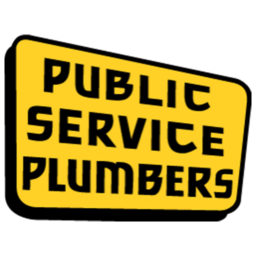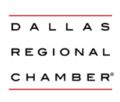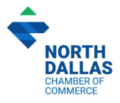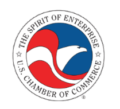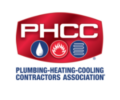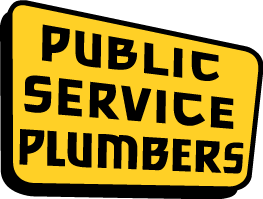 If you are old enough, you may remember your grandmother or even your mom keeping a coffee can on the stove, where all the grease left in the frying pan was deposited. Grandma knew it wasn’t a good idea to pour the grease down the sink (or even worse, in the toilet). When you dump fats, oils or grease down the drain, you run a significant risk of clogging your sewer lines and you can wreak havoc at your local water treatment plant.
If you are old enough, you may remember your grandmother or even your mom keeping a coffee can on the stove, where all the grease left in the frying pan was deposited. Grandma knew it wasn’t a good idea to pour the grease down the sink (or even worse, in the toilet). When you dump fats, oils or grease down the drain, you run a significant risk of clogging your sewer lines and you can wreak havoc at your local water treatment plant.
If you own or operate a restaurant or other business that generates fats, oils and grease in quantities too large to pour into a coffee can, though, the best solution may be a grease trap or grease interceptor (typically, an interceptor is a bit larger than a trap). They come in different sizes—small ones that connect directly to your sink or other fixture and larger ones that are customarily underground and outside.
A grease trap/interceptor works by slowing down the flow and cooling water containing grease or oil. As the water cools, the fats, oil and grease rise to the top, and are periodically cleaned out of the trap. The cooler water then flows down the waste or sewer line. The smaller units employ a system of baffles to increase the distance the greasy water must travel, allowing it to cool before reaching the drain. Some also allow air in to cool down the water and separate out the grease and oil. In the larger units, the separation simply happens over time. Because oil and grease are significantly lighter than water, they will naturally rise to the top.
Public Service Plumbers
5610 Dyer Street
Dallas, Texas 75206
(214) 753-4633
We offer plumbing installation and repair services to individuals and businesses throughout the Dallas-Fort Worth area, including Highland Park, University Park, Preston Hollow, Lakewood, Lake Highlands, Richardson, Plano, Frisco, McKinney, Allen, Coppell, Garland, Mesquite, Addison, Kessler Park, Farmers Branch, Grapevine, Southlake, Flower Mound and Lewisville.
